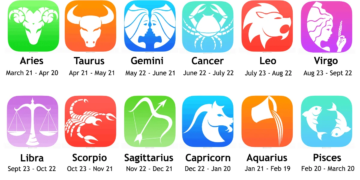THE HAGUE, Netherlands (news agencies) — South Africa has launched a case at the United Nations’ top court alleging that Israel’s military campaign in Gaza amounts to genocide.
The filing and Israel’s decision to defend itself at the International Court of Justice set up a high-stakes showdown before a panel of judges in the Great Hall of Justice.
The case will likely drag on for years. At its heart is the 1948 Convention on the Prevention and Punishment of the Crime of Genocide, drawn up in the aftermath of World War II and the Holocaust.
The convention defines genocide as acts such as killings “committed with intent to destroy, in whole or in part, a national, ethnical, racial or religious group.”
Here are some further details on the case and its ramifications.
South Africa’s 84-page filing says Israel’s actions “are genocidal in character because they are intended to bring about the destruction of a substantial part” of the Palestinians in Gaza.
It asks the ICJ, also known as the world court, for a series of legally binding rulings. It wants the court to declare that Israel “has breached and continues to breach its obligations under the Genocide Convention,” and to order Israel to cease hostilities in Gaza that could amount to breaches of the convention, to offer reparations, and to provide for reconstruction of what it’s destroyed in Gaza.
The filing argues that genocidal acts include killing Palestinians, causing serious mental and bodily harm, and deliberately inflicting conditions meant to “bring about their physical destruction as a group.” And it says statements by Israeli officials express genocidal intent.
South Africa argues that the court has jurisdiction because both countries are signatories of the genocide convention. The convention’s ninth article says disputes between nations over the convention can be submitted to the International Court of Justice.
Many South Africans, including President Cyril Ramaphosa, have compared Israel’s policies regarding Palestinians in Gaza and the West Bank with South Africa’s past apartheid regime of racial segregation. Israel rejects such allegations.
Israel’s government swiftly rejected the genocide claim. A Foreign Ministry statement said South Africa’s case lacks a legal foundation and constitutes a “despicable and contemptuous exploitation” of the court.
Eylon Levy, an official in the Israeli prime minister’s office, on Tuesday accused South Africa of “giving political and legal cover” to the Oct. 7 attack by Hamas that triggered Israel’s campaign. But he confirmed that Israel would send a legal team to the Hague “to dispel South Africa’s absurd blood libel,” he said.
An Israeli official said the country, which has a history of ignoring international tribunals, decided to defend itself for several reasons. Among them are Israel’s role in promoting the original genocide convention after the Holocaust and its belief that “we have a strong case.” He spoke on condition of anonymity because he was discussing behind-the-scenes deliberations.
Israeli Prime Minister Benjamin Netanyahu has vowed to press ahead with the war until Hamas is crushed and the more than 100 hostages still held by the militant group in Gaza are freed. He’s said that could take several more months.
South Africa’s filing includes a request for the court to urgently issue legally binding interim orders for Israel to “immediately suspend its military operations in and against Gaza.”
Such orders, known as provisional measures, would remain while the case progresses. They’re legally binding but not always followed. In 2022, in a genocide case filed by Ukraine against Russia, the court ordered Moscow to immediately suspend its invasion. The order was ignored, and deadly strikes continue.
The court will soon schedule public hearings. Lawyers for South Africa and Israel can make arguments. Judges drawn from around the world will likely take days or weeks to issue a decision on preliminary measures.
The court will then enter a lengthy process of considering the full case.
Israel could challenge the jurisdiction and seek to have the case thrown out before lawyers start arguing. Other countries that have signed the genocide convention could also apply to make submissions.
Two other genocide cases are on the busy court’s docket. The case filed by Ukraine shortly after Russia’s invasion accuses Moscow of launching the military operation based on trumped-up claims of genocide and accuses Russia of planning acts of genocide in Ukraine.


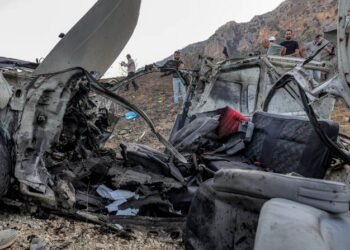

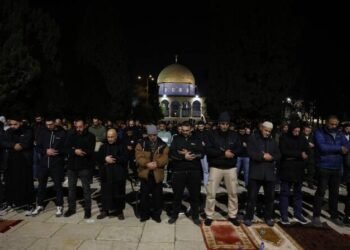
 United Arab Emirates Dirham Exchange Rate
United Arab Emirates Dirham Exchange Rate